Publications
Articles, publications, books, tools and multimedia features from the U.S. Institute of Peace provide the latest news, analysis, research findings, practitioner guides and reports, all related to the conflict zones and issues that are at the center of the Institute’s work to prevent and reduce violent conflict.
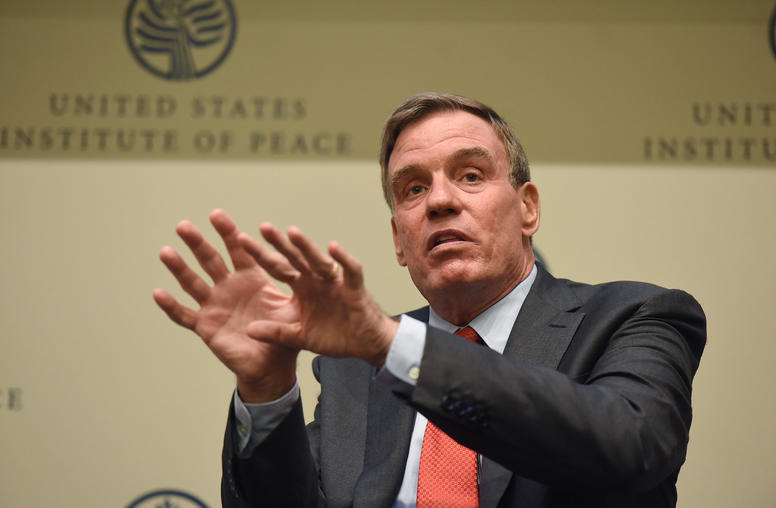
Senator Mark Warner: Meeting the Challenge of China
China today is seeking to erode U.S. power and influence globally through economic, military, technological and political influence strategies, U.S. Senator Mark Warner said. The United States should respond not by reverting to a simplistic “new Cold War” frame, but by bolstering security at home and working with allies and partners abroad to reinforce the existing international order and make America more competitive.

Leo Siebert on Tunisia’s Presidential Elections
Last week, Tunisians voted for “a wholesale dismissal of everyone who’s governed before” in the first round of presidential elections, said USIP’s Leo Siebert. And with parliamentary and runoff elections upcoming, a string of free and fair elections could help Tunisia “prove to the world, and be a model to its neighbors, that democracy is possible.”
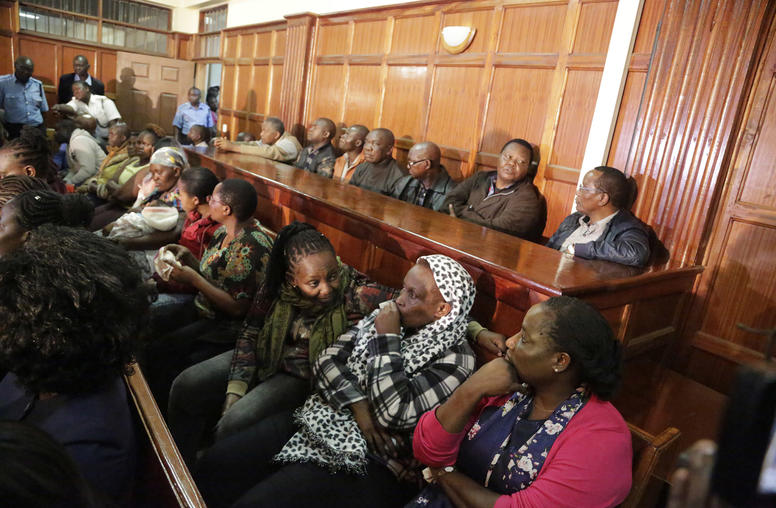
Conflict Prevention in Kenya: Combating Corruption through Nonviolent Action
The relationship between corruption and violent conflict is complex and significant. Corruption affects access to basic services, contributes to resource scarcity, and fuels organized crime. It was included on a European Commission checklist for the root causes of conflict, and it was cited as a potential driver of extremism in the 2019 report of the Task Force on Extremism in Fragile States. Focusing on several social movements in Kenya, this report reviews the efforts of collective civic action to combat corruption and advance transparency, accountability, and good governance.
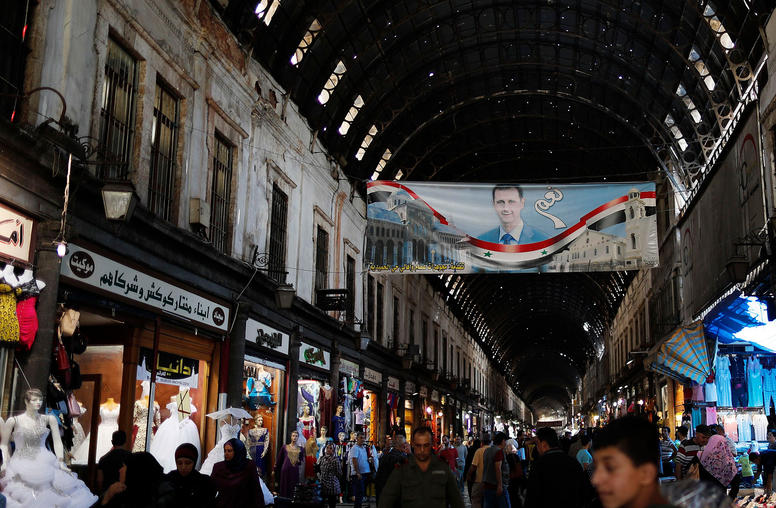
Syria Study Group Final Report
The United States cannot avoid or ignore the conflict in Syria. From the outset of hostilities, minimizing American involvement in the war and safeguarding U.S. national security interests have proven to be incompatible goals. This will remain the case for the foreseeable future. The essential question before American policymakers is not whether the United States should keep or with- draw its forces in Syria, but what strategy and mix of tools will best protect the United States from the conflict’s reverberations and advance American interests. This report sets out such a strategy.
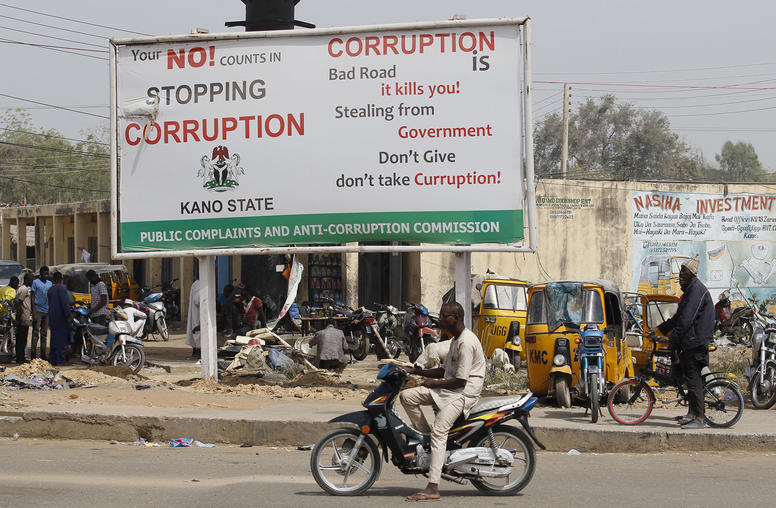
Donor Assistance in the Transparency and Accountability Movement
Focusing on transparency and anti-corruption issues, this report discusses the findings from a series of participatory workshops and more than seventy interviews with social movement actors and organizations in Kenya, Nigeria, and Ukraine. It looks at the different ways social movement actors in these countries were influenced by foreign financial support and training, including in terms of the goals they set, the tactics and activities they pursue, and whether receiving foreign support compromises their legitimacy with their domestic constituents.
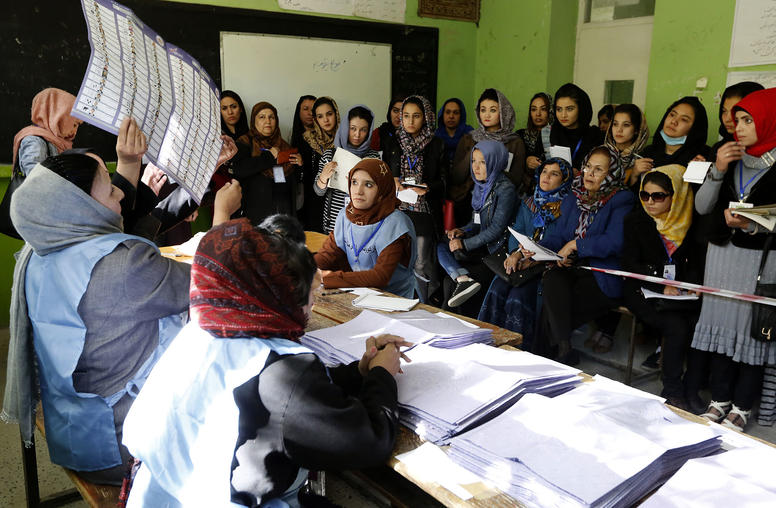
What to Watch for in Afghanistan’s Presidential Election
After several delays, Afghans will finally head to the polls on Saturday to elect their next president. The election comes amid an indefinite stall in the year-long U.S.-Taliban negotiations following the cancellation of a high-level summit earlier in the month. There has been a debate over the sequencing of elections and the peace process for months, but the vote will move ahead this weekend. As with all post-2001 Afghan elections, security risks and the potential for fraud and abuse loom over these polls. USIP’s Scott Worden and Colin Cookman look at how insecurity will impact the legitimacy of the vote and what measures have been taken to combat electoral mismanagement and fraud.
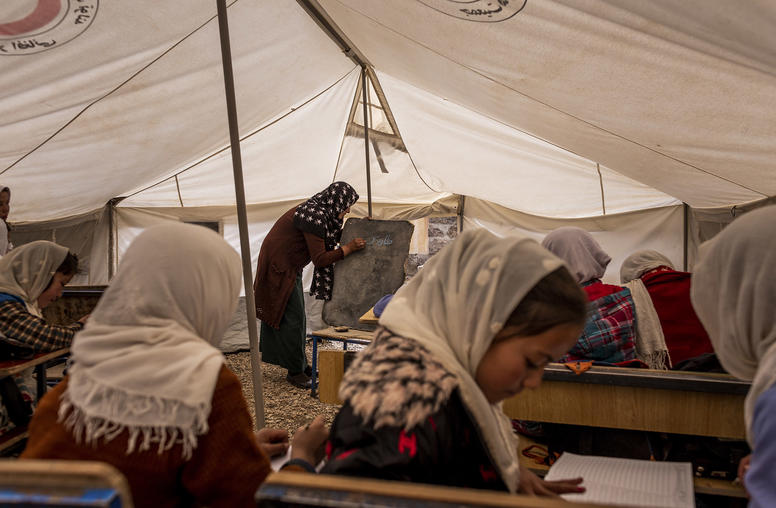
How to push Taliban for compromise? Ask the women doing it.
The halt in the U.S.-Taliban dialogue, plus Afghanistan’s September election, has forced a hiatus in formal peace efforts in the Afghan war—and that creates an opening to strengthen them. A year of preliminary talks has not yet laid a solid foundation for the broad political settlement that can end the bloodshed. While talks so far have mainly excluded Afghan women, youth and civil society, the sudden pause in formal peacemaking offers a chance to forge a more inclusive, and thus reliable, process. Even better, a little-noted encounter in Qatar between women and Taliban leaders signals that a broader process is doable.
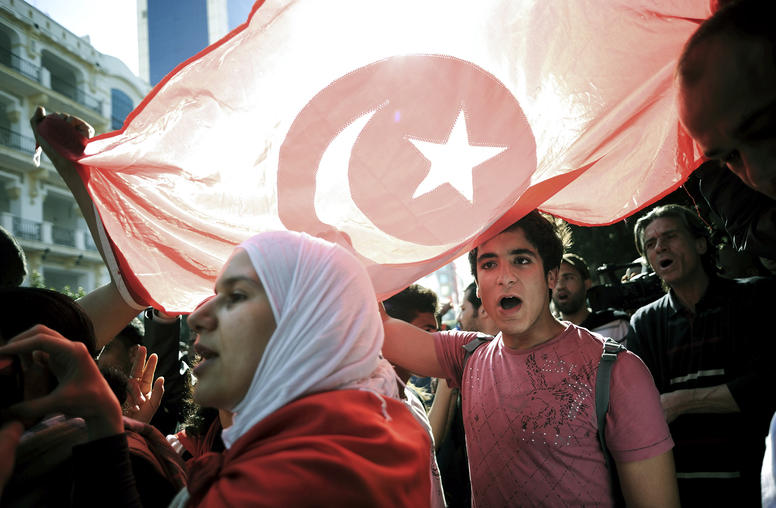
Tunisians Show Support for Democracy, Disillusionment with Ruling Elite
The surprise results of Tunisia’s first-round presidential election gave a clear message to the country’s political establishment: Tunisians want change and they want it now. Neither of the two winning candidates set to face off in the second round have ever held political office nor are affiliated with the political parties that have led Tunisia’s transition. Many of the issues that sparked the uprising eight years ago—like corruption and unemployment—continue to bedevil the North African nation. Yet the first-round vote demonstrates that Tunisians aren’t willing to give up on democracy and want new leaders.

Ethiopia’s Experiment in Reconciliation
In February 2019, the Ethiopian parliament adopted a landmark proclamation establishing a national reconciliation commission, the first-ever such institution in Ethiopia. Six months on, the commission has developed a three-year plan and begun consultations. But the body was formed without broad-based political consensus regarding its mandate, so has yet to win the critical trust of Ethiopia’s many social and political groups. Dr. Solomon Ayele Dersso discusses the mandate of this body, the challenges ahead, and how the commission could help build peace in Africa’s second most populous country.

Jill Welch on the Peace Day Challenge
Ahead of the International Day of Peace on September 21, USIP’s Jill Welch talks about how the Institute’s annual Peace Day Challenge gives people around the world “the opportunity to take an action, however big or small, to make peace possible together.”